- Home
- Health Condition
Medicine For Acidity
Medicine For Acidity
- Total Items (5135)
 RX
RXOzole 20 mg Capsule 20's
₹48
MRP ₹64
25% off
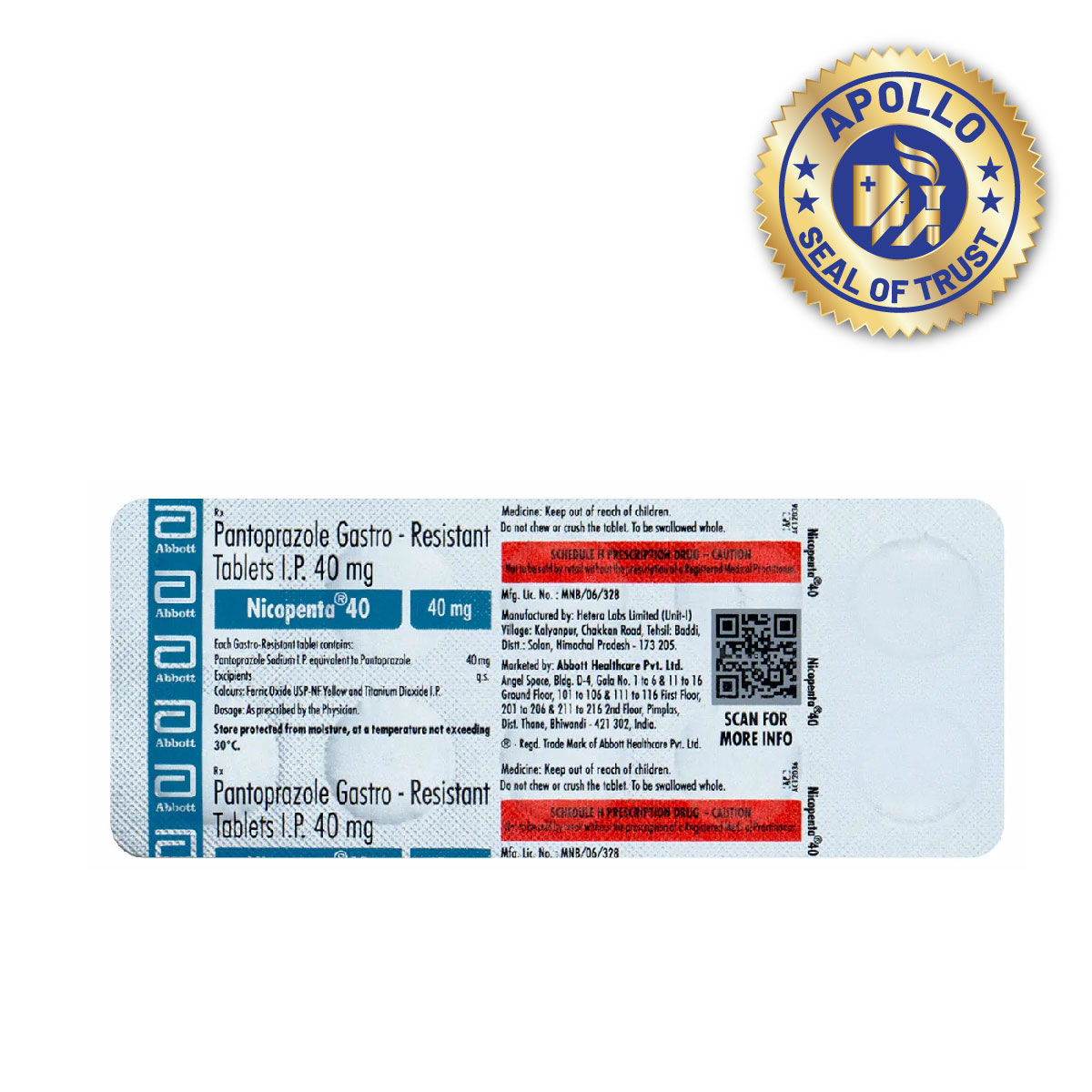 RX
RXNicopenta 40 Tablet 10's
₹113.60
MRP ₹151.50
25% off
 RX
RXRzole-20 Tablet 10's
₹78.40
MRP ₹104.50
25% off
 RX
RXRzole DSR Capsule 10's
₹115.90
MRP ₹154.50
25% off
 RX
RXEsomecare 40 Tablet 10's
₹80.30
MRP ₹107
25% off

Acigon New Mint Flavour Oral Suspension 170 ml
₹103.20
MRP ₹137.50
25% off
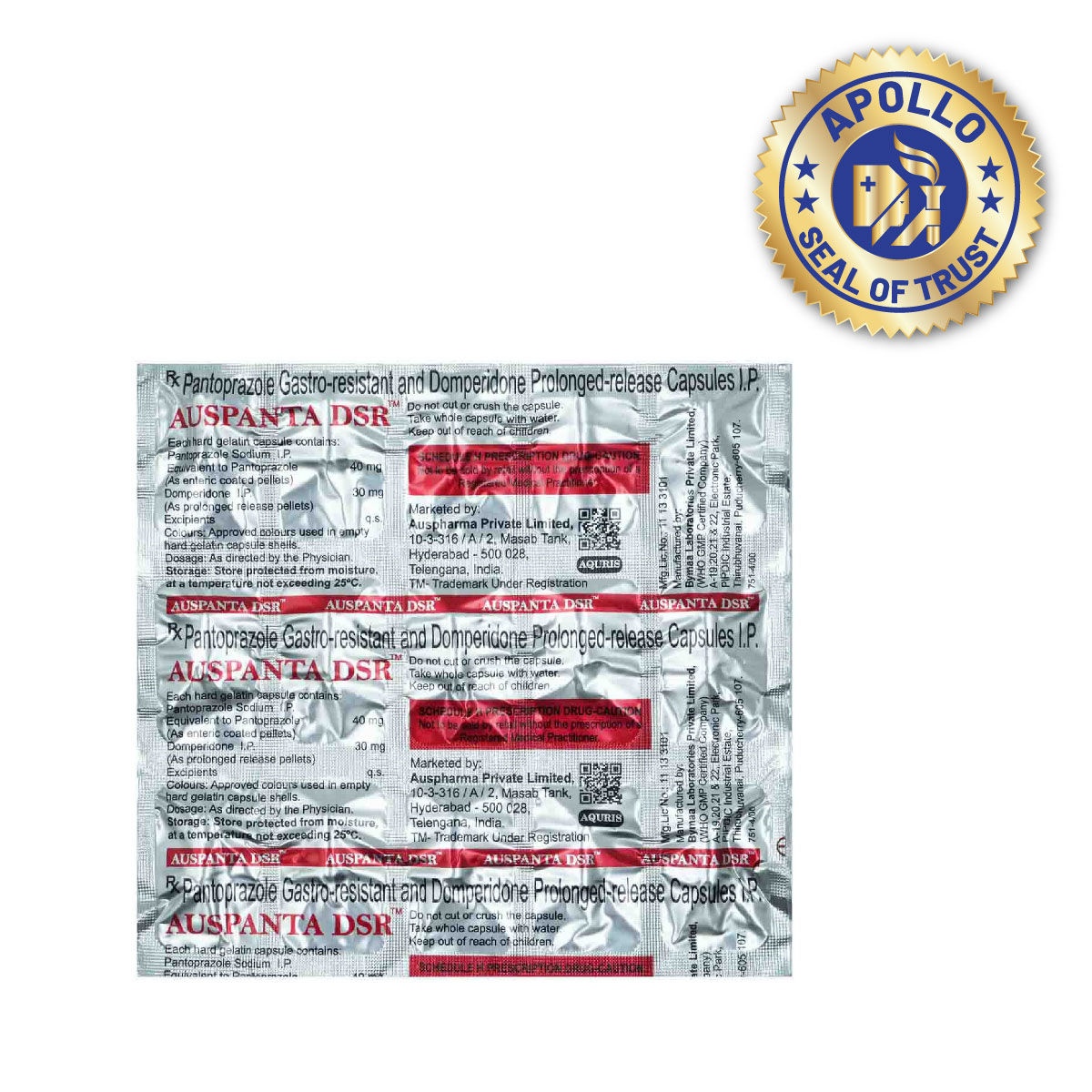 RX
RXAuspanta DSR Capsule 15's
₹187.10
MRP ₹249.50
25% off
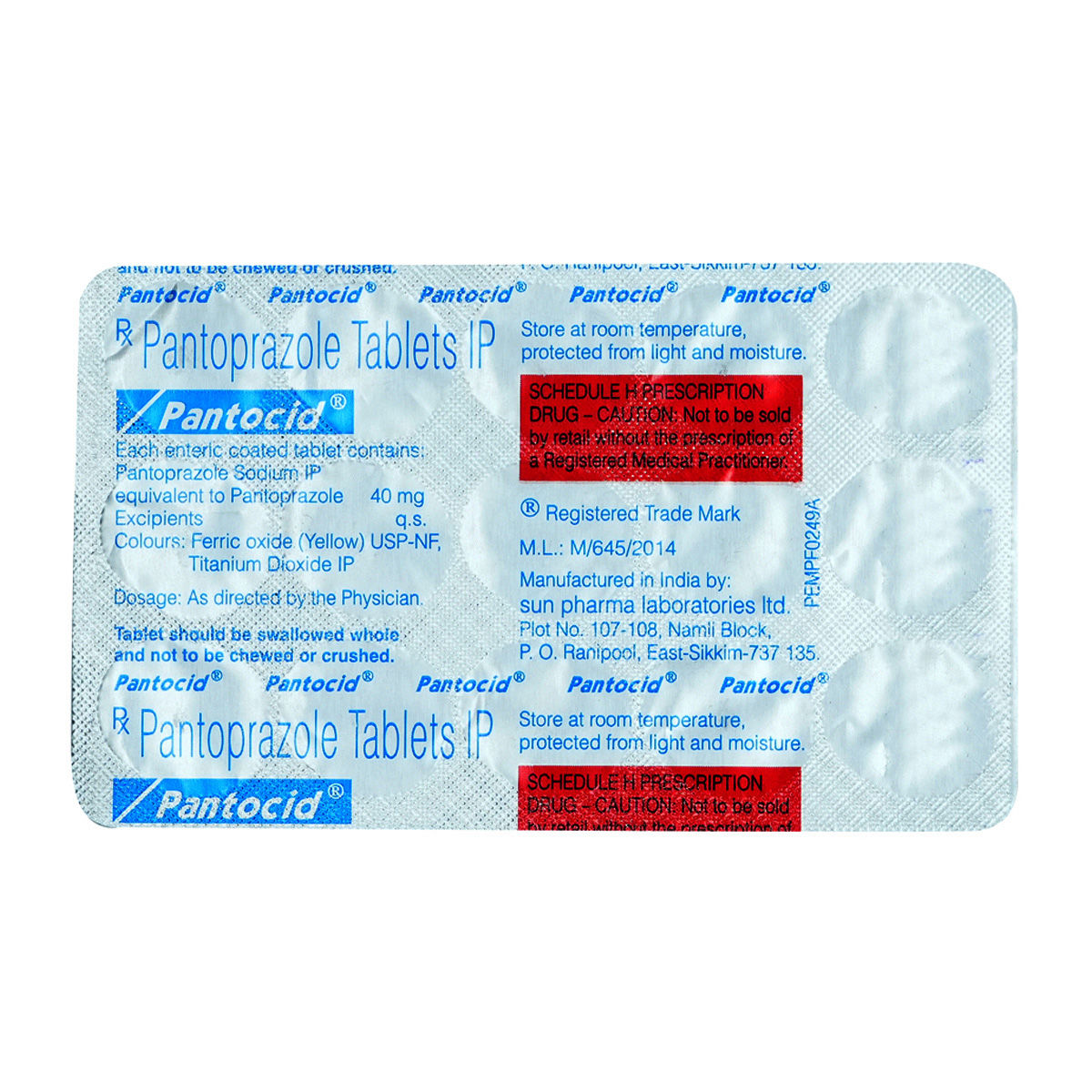 RX
RXPantocid Tablet 15's
₹174.20
MRP ₹193.50
10% off
 RX
RXPantocid DSR Capsule 15's
₹220.10
MRP ₹244.50
10% off
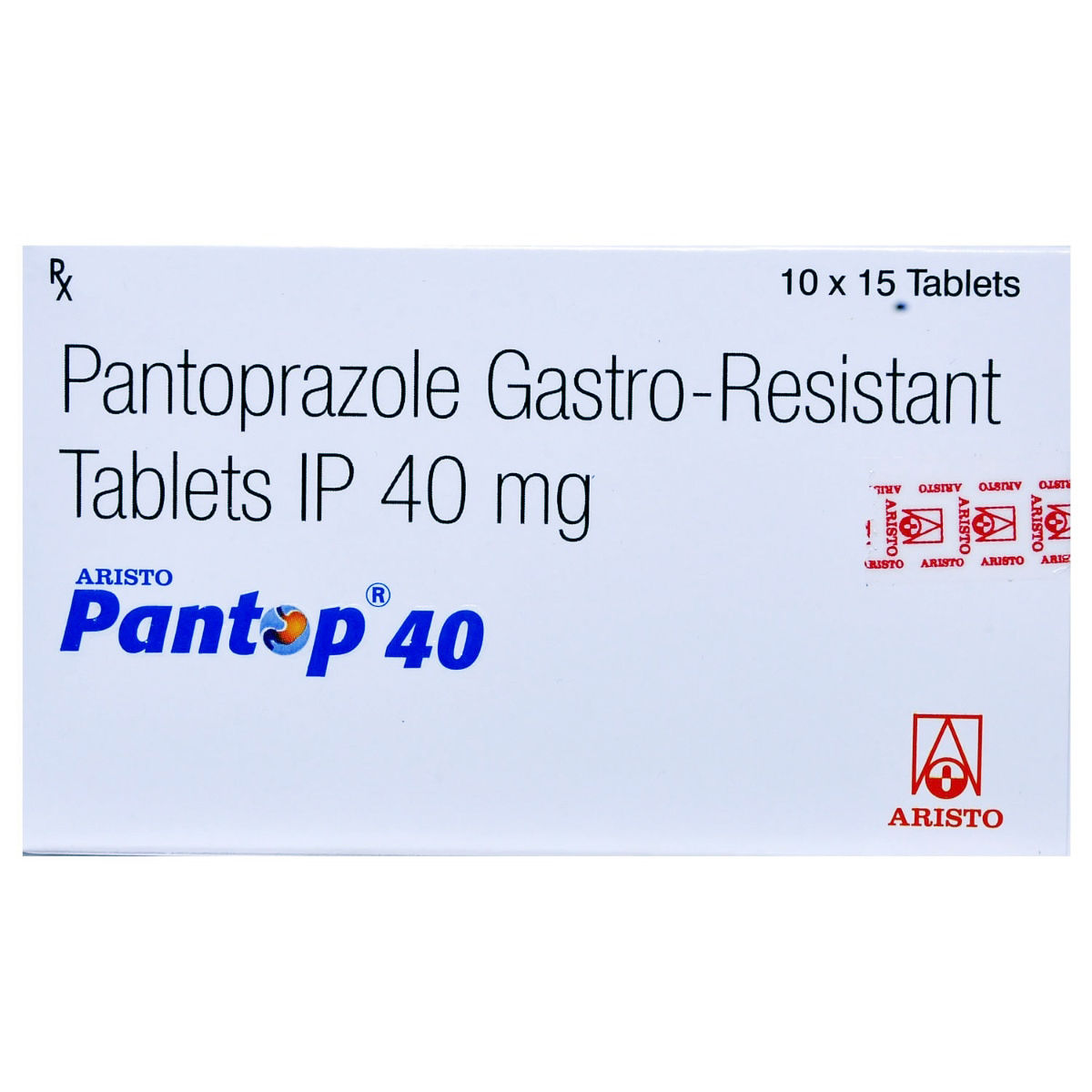 RX
RXPantop 40 Tablet 15's
₹169.50
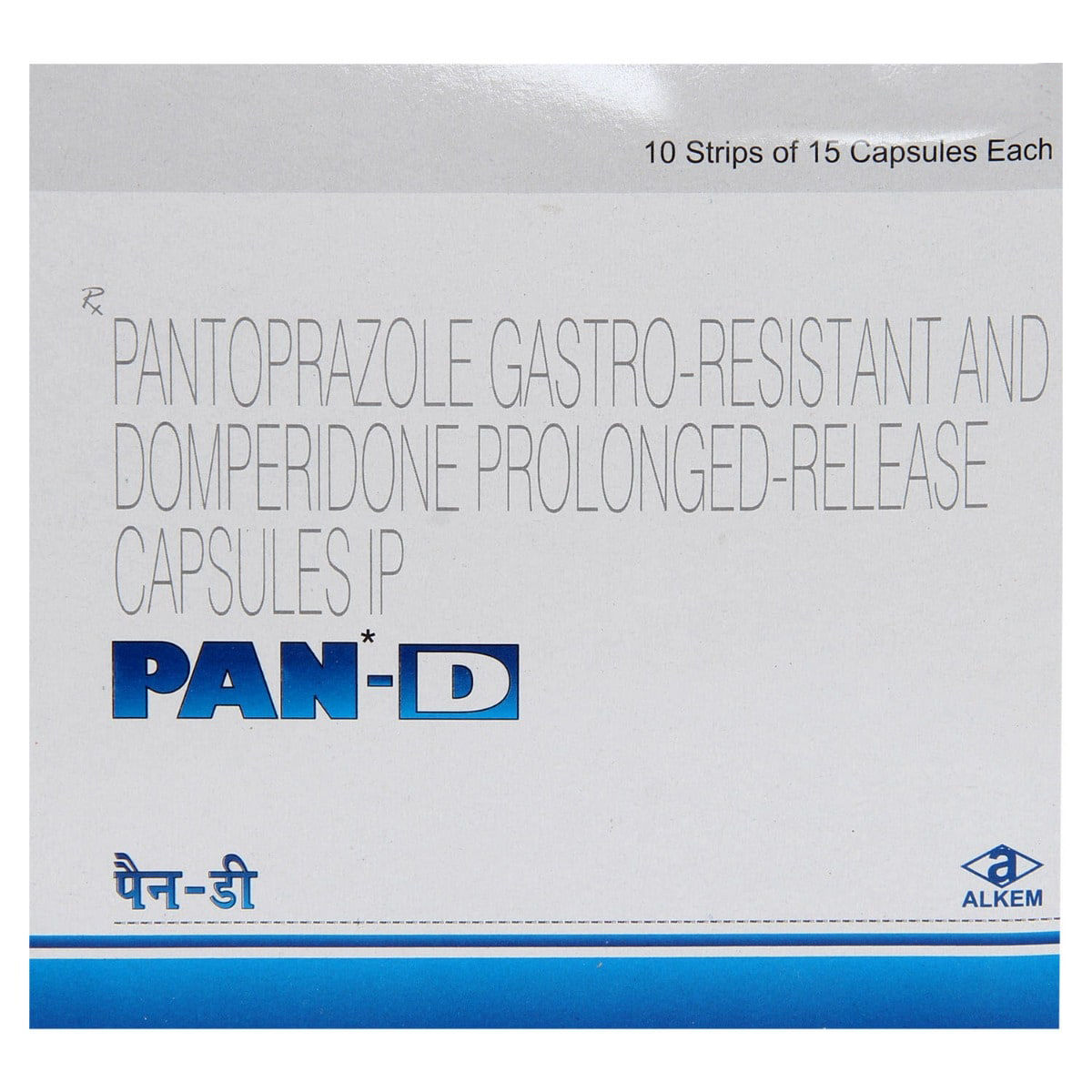 RX
RXPan-D Capsule 15's
₹228.20
MRP ₹253.50
10% off
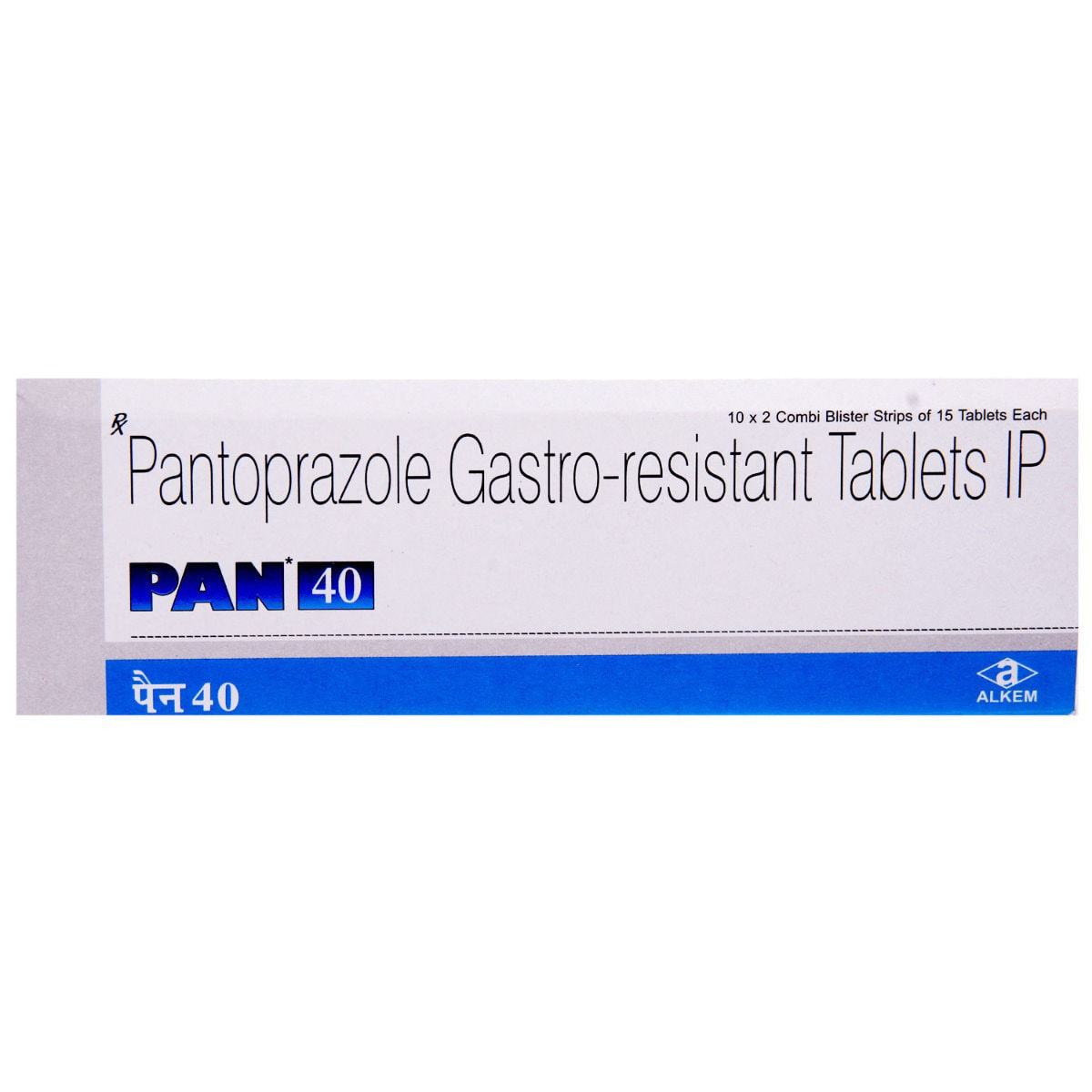 RX
RXPAN 40 Tablet 15's
₹167.90
MRP ₹186.50
10% off
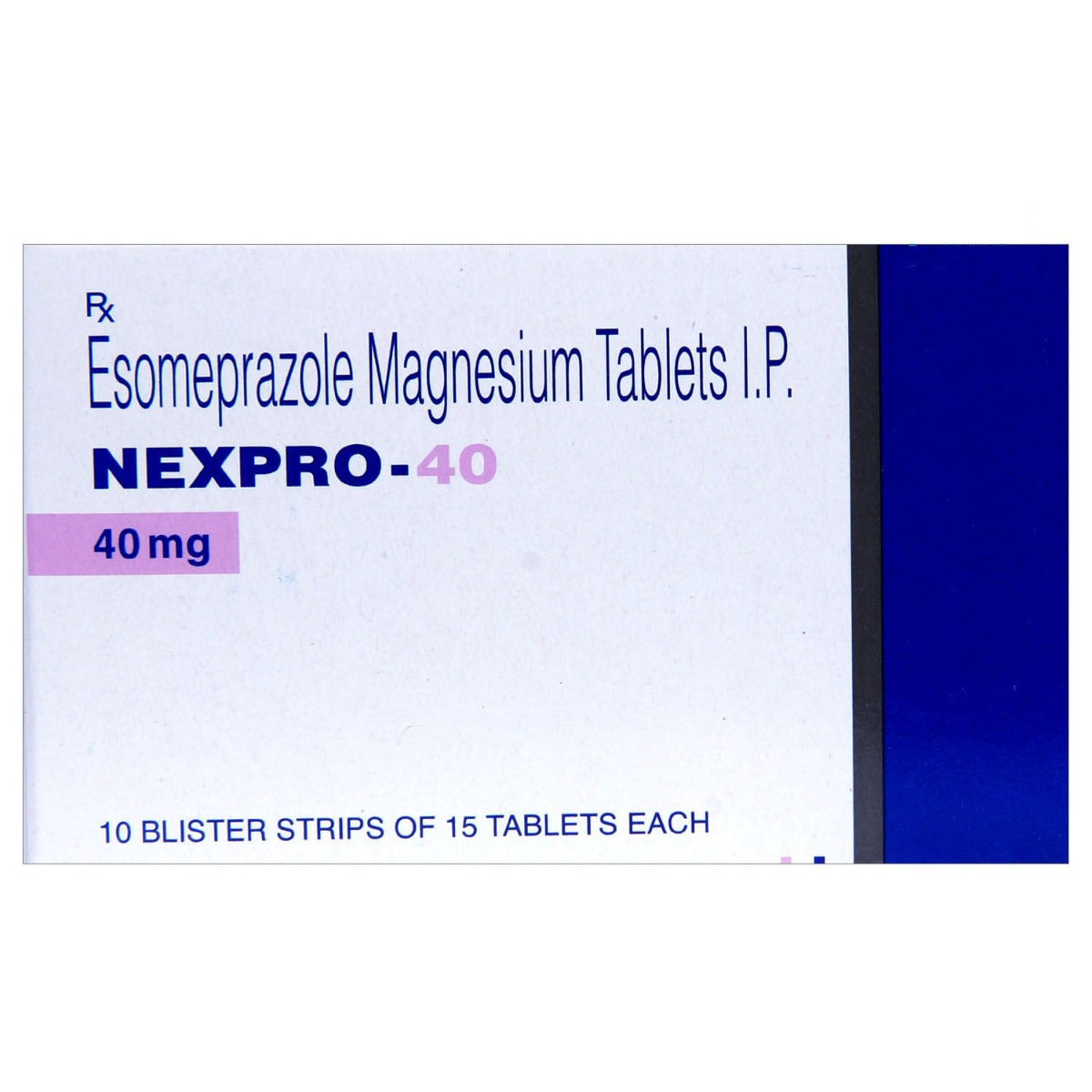 RX
RXNexpro-40 Tablet 15's
₹170.60
MRP ₹189.50
10% off
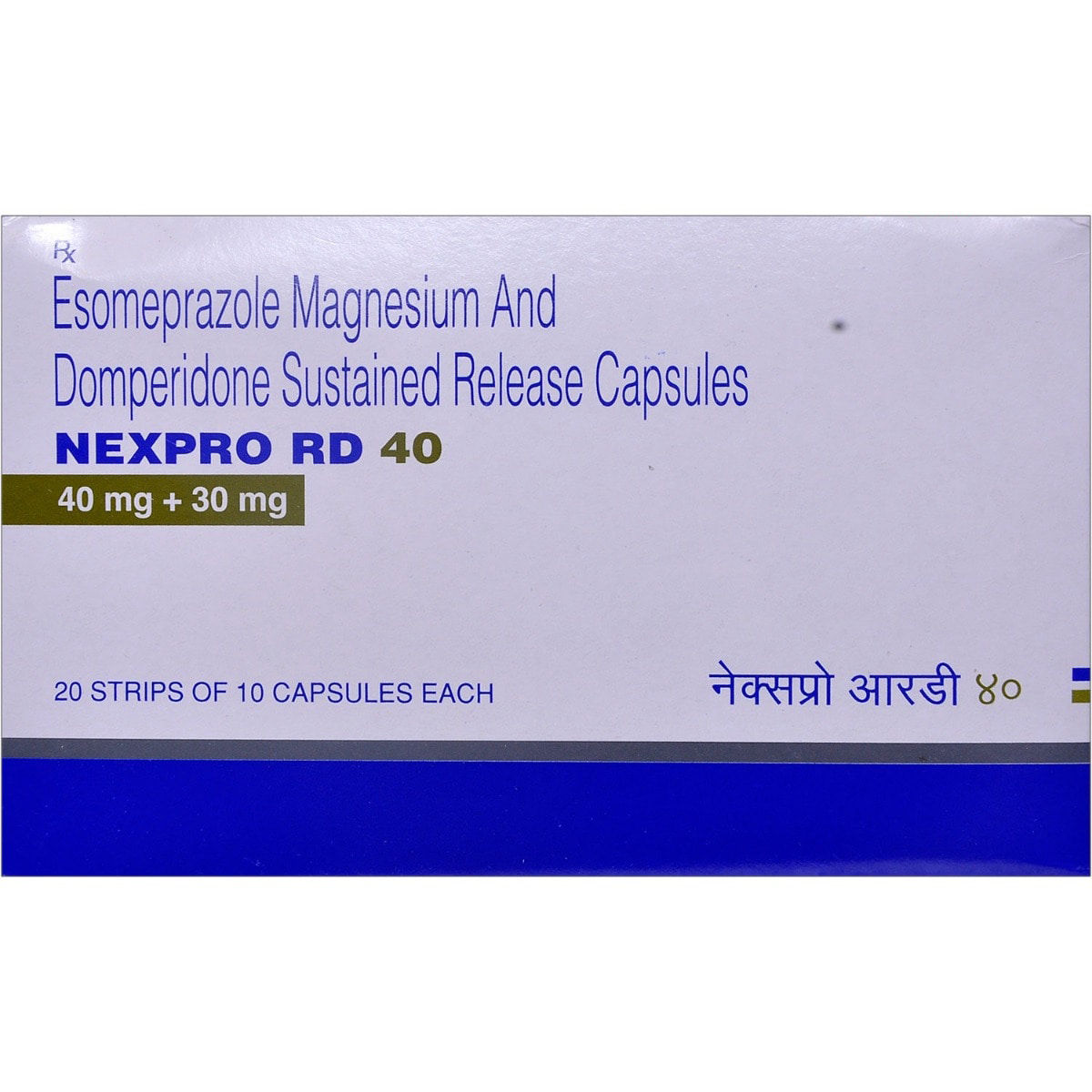 RX
RXNexpro RD 40 Capsule 10's
₹175.50
MRP ₹195
10% off
 RX
RXRazo-20 Tablet 15's
₹240.30
MRP ₹267
10% off
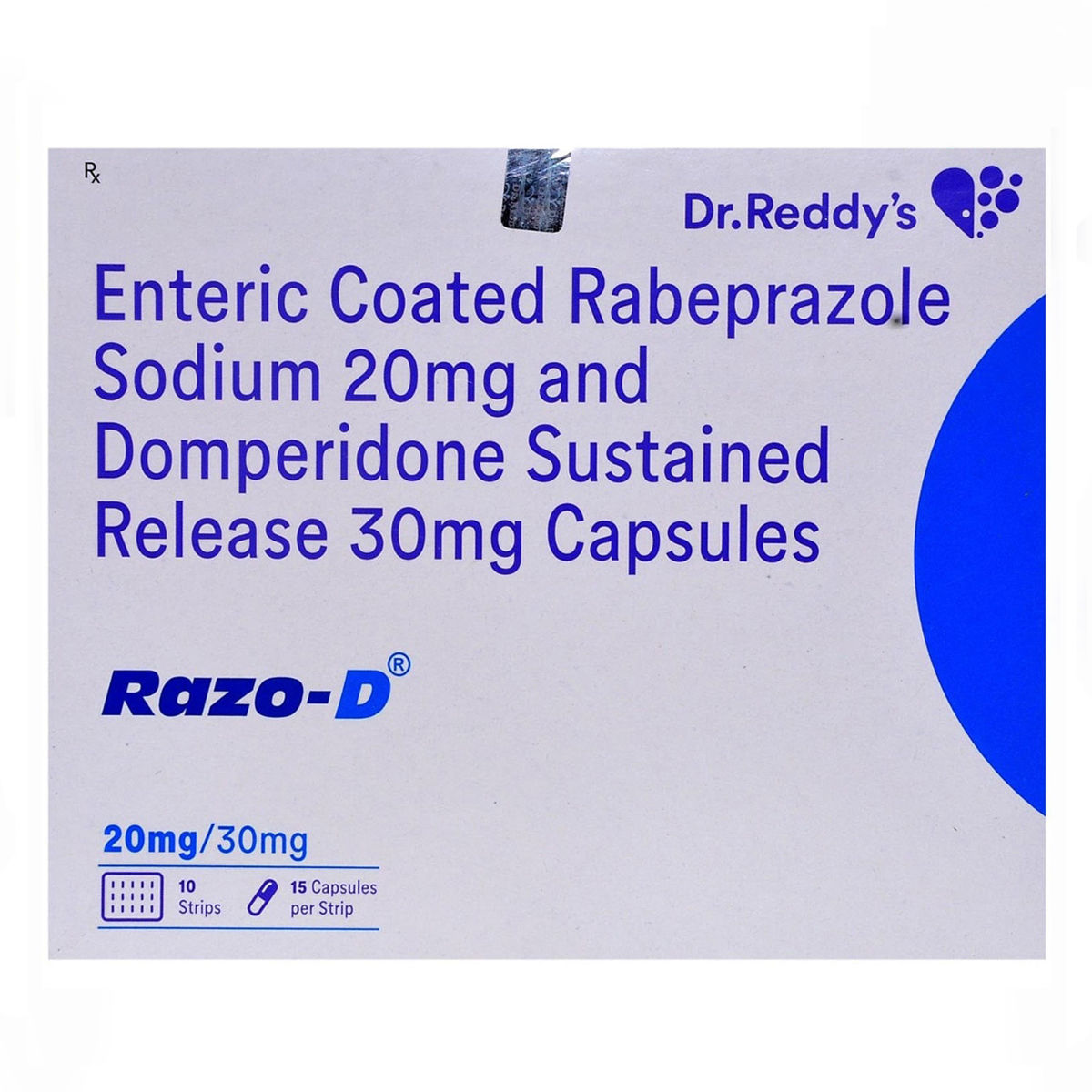 RX
RXRazo-D Capsule 15's
₹324.50
MRP ₹360.50
10% off
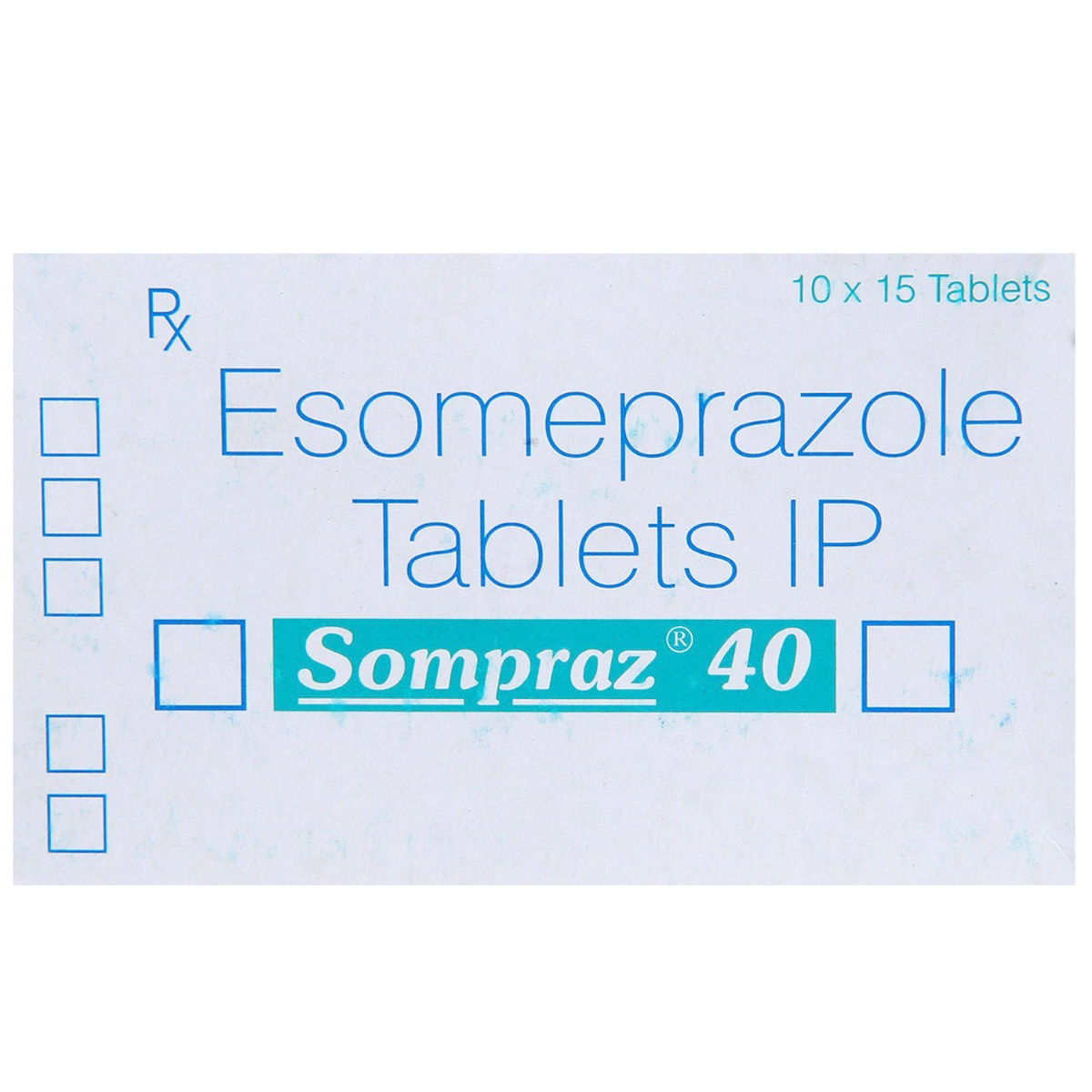 RX
RXSompraz 40 Tablet 15's
₹162
MRP ₹180
10% off
 RX
RXVeloz D Capsule 10's
₹211.10
MRP ₹234.50
10% off
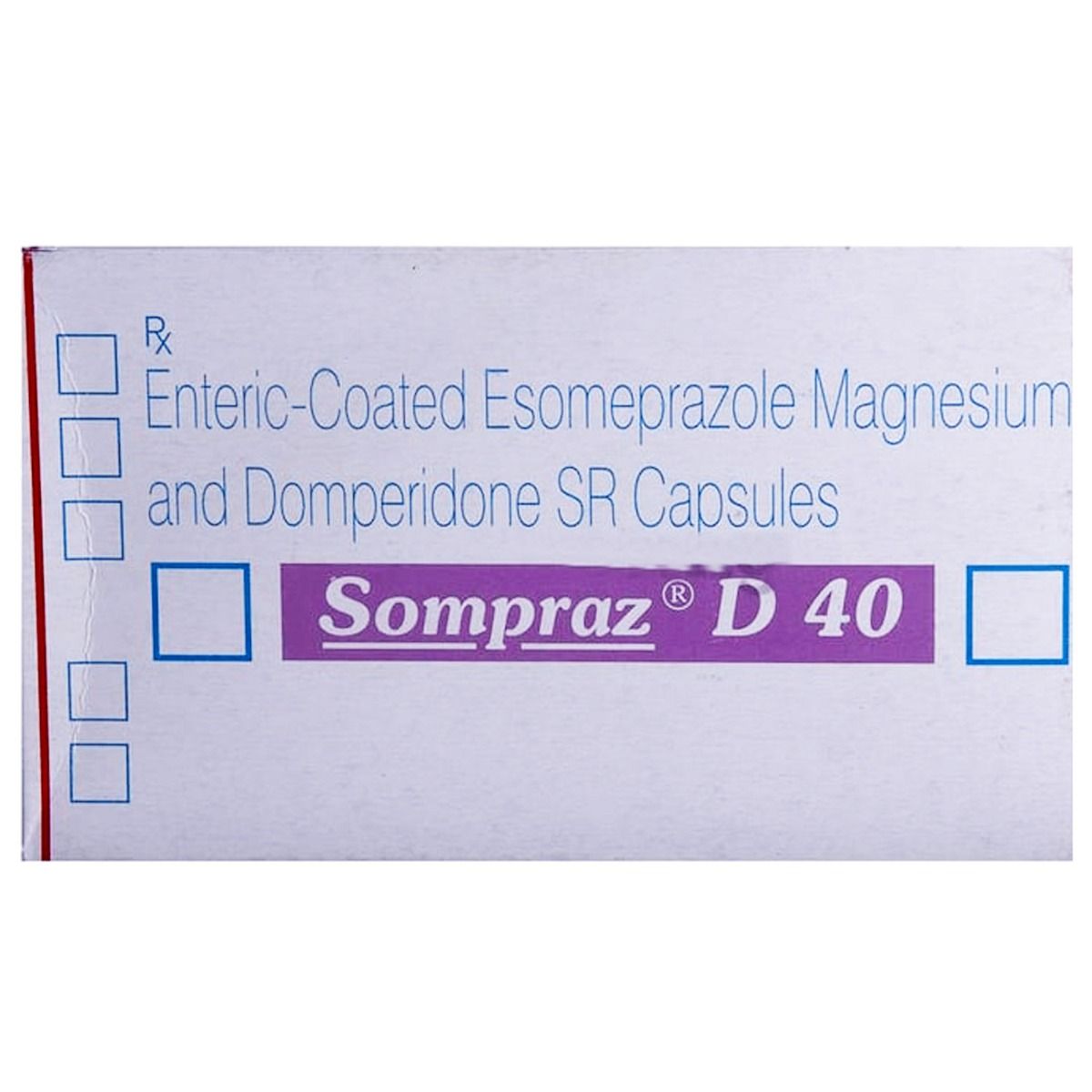 RX
RXSompraz D 40 Capsule 15's
₹238.10
MRP ₹264.50
10% off
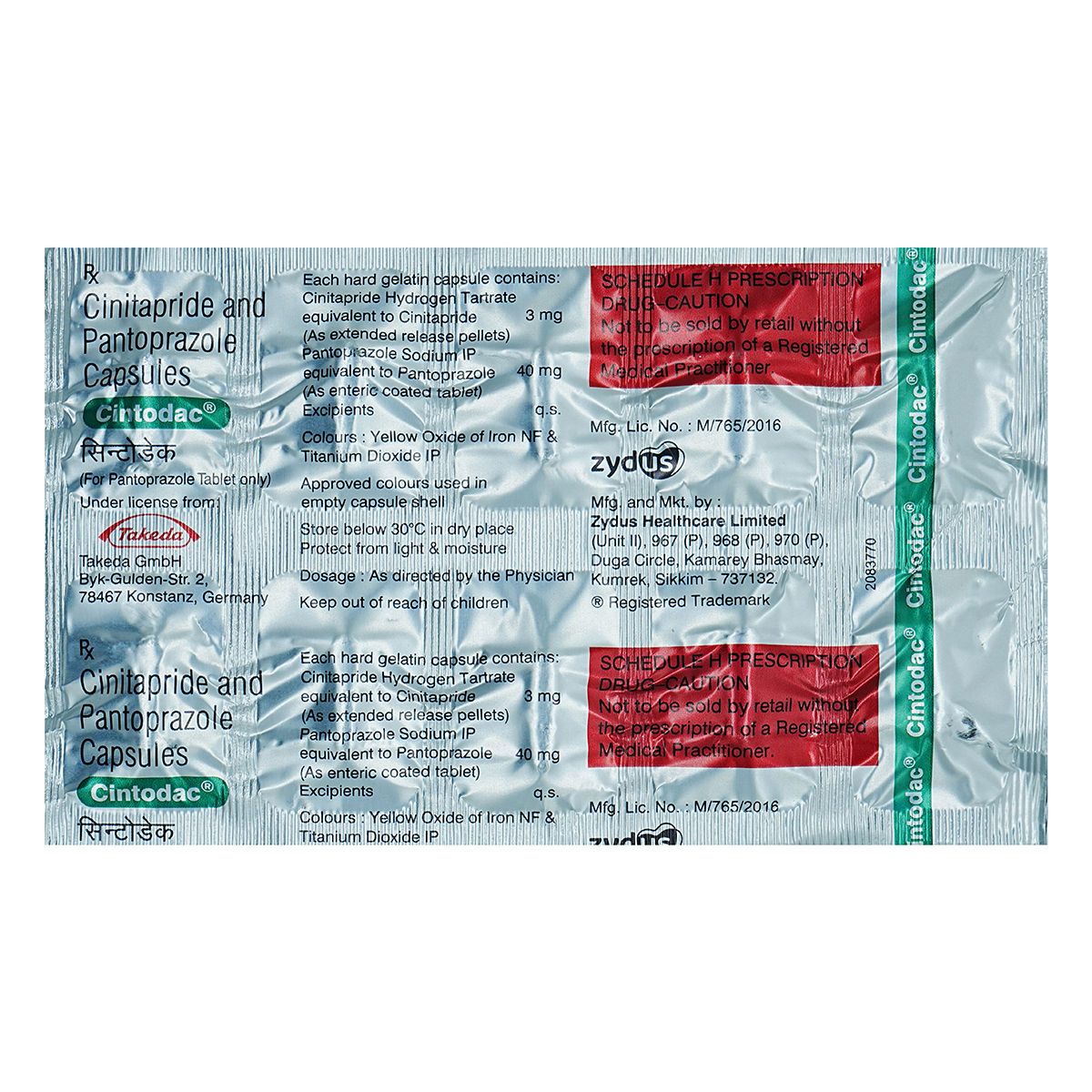 RX
RXCintodac Capsule 10's
₹388.80
MRP ₹432
10% off
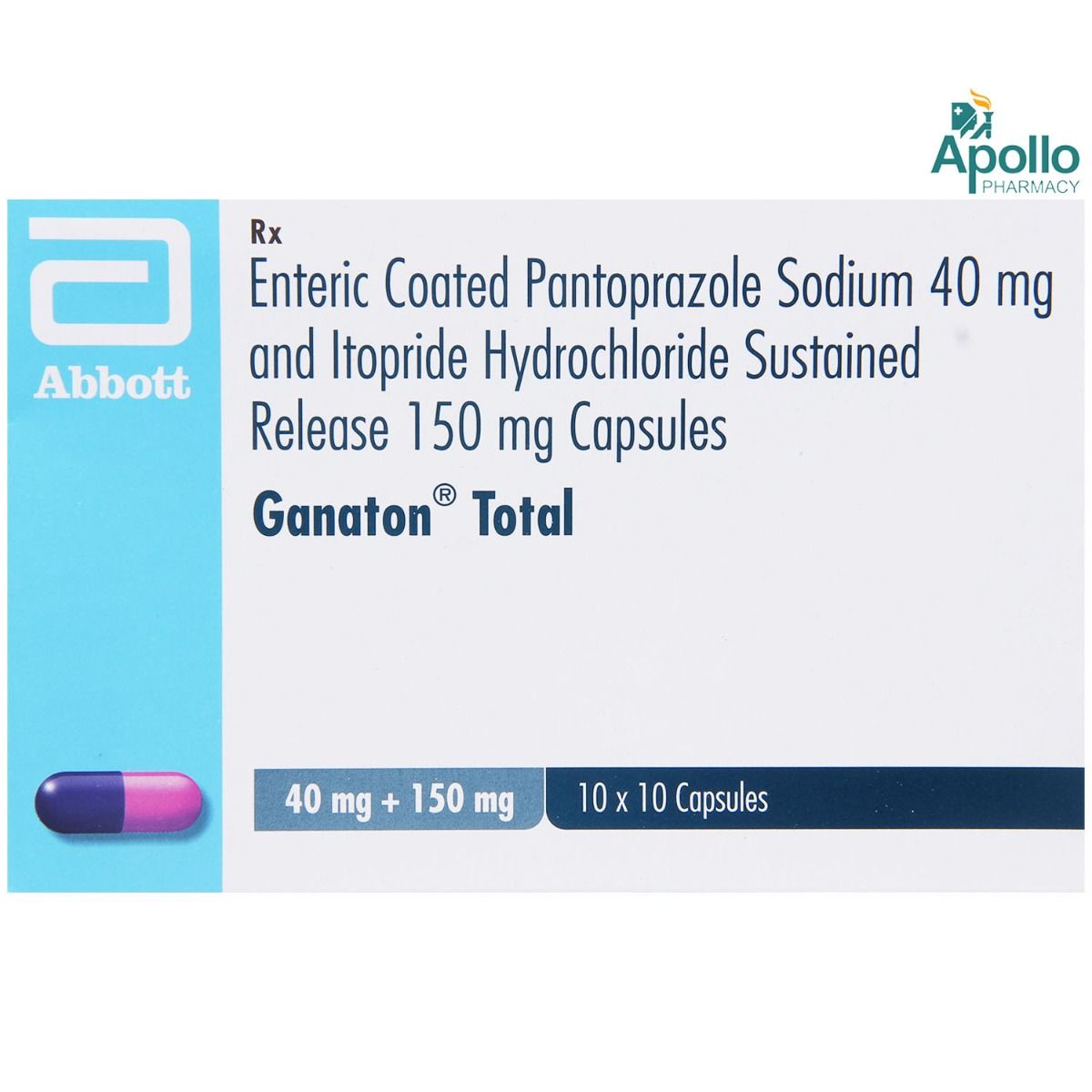 RX
RXGanaton Total Capsule 10's
₹460.40
MRP ₹511.50
10% off
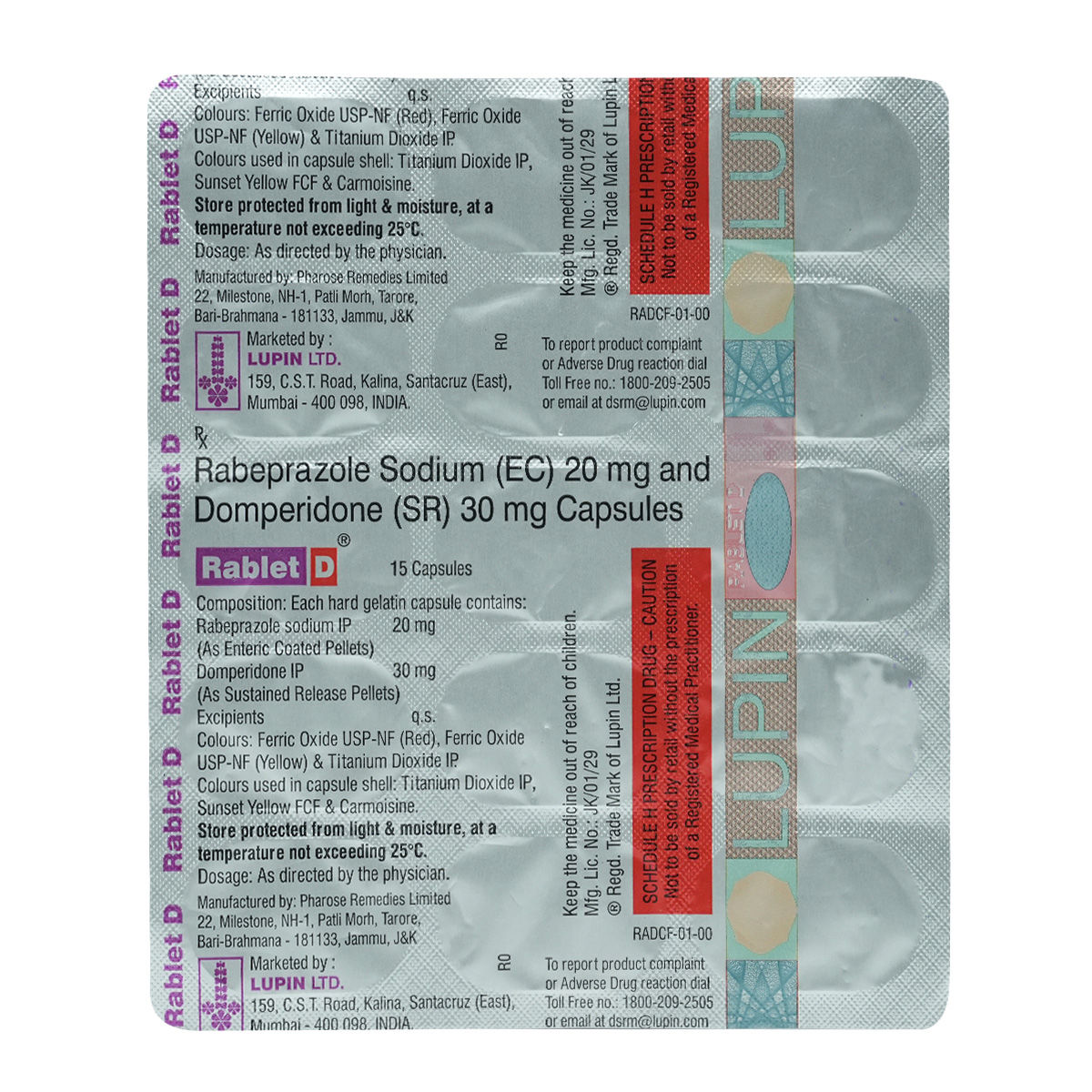 RX
RXRablet D 20 mg/30 mg Capsule 15's
₹284.90
MRP ₹316.50
10% off
 RX
RXPantocid IT Capsule 10's
₹331.20
MRP ₹368
10% off
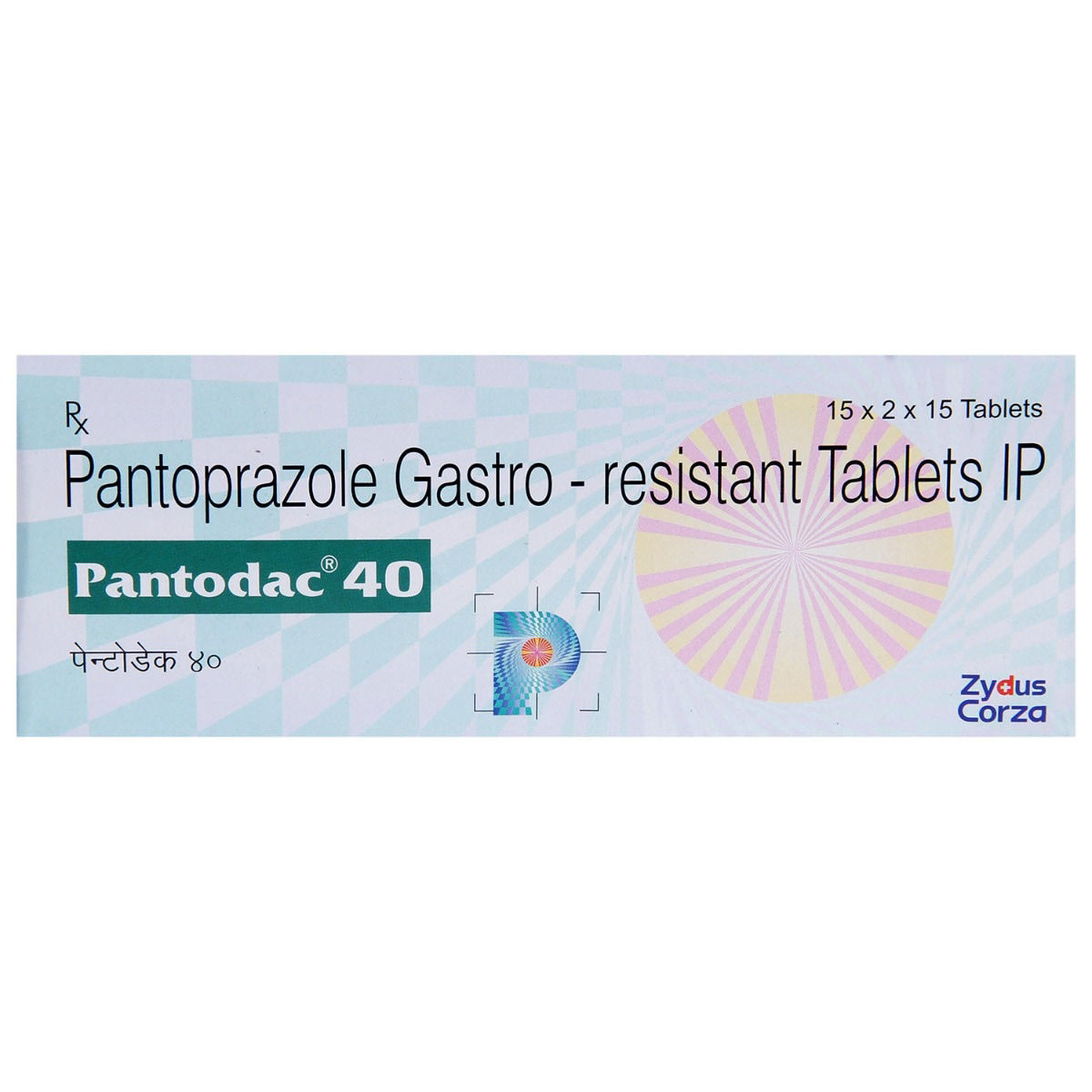 RX
RXPantodac 40 mg Tablet 15's
₹215.60
MRP ₹239.50
10% off
Medicine For Acidity
Acidity, also known as acid reflux or heartburn, occurs when stomach acid flows back into the oesophagus, causing discomfort and a burning sensation. It can be triggered by a range of factors, including certain foods, stress, smoking, or even certain medications. While occasional acidity may be manageable, chronic acid reflux can lead to more serious conditions like gastroesophageal reflux disease (GERD) or ulcers. Fortunately, there are a variety of medicines available to relieve symptoms, prevent flare-ups, and improve your digestive health. In this guide, we’ll take a closer look at the different types of medicine for acidity, how they work, their benefits, and important usage instructions.
Types of Medicines Used for Acidity
Several medications are available to treat acidity, each designed to target specific symptoms or causes. Below are the most commonly used types:
1.Antacids
Antacids are the first line of defence for quick relief from acidity. They neutralise stomach acid and provide immediate but short-term relief from symptoms like heartburn and indigestion. Examples include:
- Maalox
- Rolaids
- Tums
2.H2-Receptor Antagonists (H2 Blockers)
H2 blockers reduce the amount of acid produced in the stomach. They provide longer-lasting relief than antacids and are used for managing moderate cases of acid reflux. Examples include:
- Ranitidine
- Famotidine
- Cimetidine
3.Proton Pump Inhibitors (PPIs)
PPIs are stronger medications that block acid production in the stomach more effectively than H2 blockers. They are commonly prescribed for severe acid reflux or GERD and help heal the oesophagus from damage caused by stomach acid. Examples include:
- Omeprazole
- Esomeprazole
- Pantoprazole
4.Alginate-Based Medications
These medications form a protective barrier on top of stomach contents, preventing acid from rising into the oesophagus. They are often used in combination with other medications for comprehensive acid reflux management. Example:
- Gaviscon
5.Prokinetic Agents
These medications help promote faster gastric emptying, which reduces the likelihood of acid reflux. They are typically prescribed for individuals with delayed gastric emptying or severe reflux. Examples include:
- Metoclopramide
- Domperidone
Benefits of Using Acidity Medicines
The right medicine can provide significant relief from the symptoms of acidity and help improve overall digestive health. Here are the main benefits:
- Quick Symptom Relief: Antacids offer rapid relief from the discomfort caused by heartburn, helping to neutralise stomach acid and reduce the burning sensation.
- Reduction in Acid Production: H2 blockers and PPIs effectively lower stomach acid production, providing long-lasting relief and preventing frequent acid reflux episodes.
- Healing and Protection: PPIs and H2 blockers also help heal any damage caused by acid reflux to the oesophagus, preventing further irritation and complications.
- Improved Digestive Comfort: Prokinetic agents speed up food movement through the stomach, reducing bloating and indigestion, which can accompany acidity.
Dosage & Usage Instructions of Medicine for Acidity
To achieve optimal relief from acidity and minimise potential complications, it’s essential to adhere to the correct dosage and usage guidelines for each type of medication. Here’s how to properly use common medicine for acidity:
- Antacids: Antacids provide quick relief from acidity and heartburn by neutralising stomach acid. They are typically taken after meals and before bedtime. Always follow the recommended dosage on the packaging or as directed by your doctor. Avoid overuse, as excessive intake can cause side effects such as constipation or diarrhoea, and may interfere with the absorption of certain nutrients.
- H2-Receptor Antagonists (H2 Blockers): H2 blockers help reduce stomach acid production. They are usually taken once or twice daily, preferably before meals or as prescribed by your doctor. For chronic acid reflux or GERD, long-term use may be necessary. Always adhere to the prescribed dosage and duration to manage symptoms effectively and avoid a recurrence.
- Proton Pump Inhibitors (PPIs): PPIs are highly effective in reducing acid production and are typically taken 30-60 minutes before meals. This timing allows the medication to work best in reducing acid secretion. It is crucial to complete the full course of treatment as prescribed by your healthcare provider, even if you start feeling better, to prevent a relapse of symptoms.
- Alginate-Based Medications: These medications form a protective barrier that prevents acid from flowing back into the oesophagus, offering relief from reflux. They are generally taken after meals and before bedtime. Make sure to follow your healthcare provider’s instructions regarding dosage and timing. For optimal effectiveness, take alginate-based medications while sitting or standing to allow them to work properly.
- Prokinetic Agents: Prokinetic agents support faster gastric emptying and help prevent acid reflux by improving the movement of food through the digestive tract. They are typically taken before meals. Always follow the dosage and instructions provided by your healthcare provider, as improper use may lead to side effects.
Buy Medicine for Acidity Online at Apollo 24|7
Dealing with acidity can be uncomfortable, but you can get the medicines you need with ease. Apollo 24|7 offers a convenient and reliable way to purchase medicine for acidity online, delivering directly to your doorstep. Whether you need antacids, H2 blockers, PPIs, or other related medicines, Apollo 24|7 ensures that you receive quality, effective treatment options. With fast delivery, doctor consultations, and access to a wide range of medicines, we make managing your health hassle-free.
Frequently asked questions
Acidity is caused when stomach acid flows back into the oesophagus, leading to discomfort, a burning sensation in the chest, and sometimes a sour taste in the mouth. Common causes include eating spicy or fatty foods, large meals, caffeine, smoking, and stress. Certain conditions, such as obesity, pregnancy, or gastroesophageal reflux disease (GERD), can also contribute to frequent acid reflux.
Antacids can be taken as needed for quick relief from acidity. However, they should not be used on a daily basis without consulting a healthcare provider, as overuse may lead to side effects like altering your body’s acid-base balance or causing kidney stones. If you find yourself needing antacids frequently, it’s important to speak with a doctor about underlying conditions and consider a more long-term solution like H2 blockers or PPIs.
Some people find relief from mild acidity through natural remedies, such as drinking a glass of water with a teaspoon of baking soda, consuming ginger tea, or chewing gum to increase saliva production. However, these methods are not as effective as medications in managing more severe cases of acidity or acid reflux. If you frequently experience acidity, it's best to speak with a healthcare provider to determine an appropriate treatment plan.
Yes, lifestyle changes can play a significant role in managing and preventing acidity. Maintaining a healthy weight, avoiding large or heavy meals, eating smaller meals throughout the day, and avoiding trigger foods like spicy or fatty foods can help prevent symptoms. Other helpful habits include quitting smoking, reducing stress, avoiding lying down immediately after eating, and sleeping with your head elevated to prevent acid reflux at night.
Over-the-counter medications, like antacids, H2 blockers, and PPIs, are generally safe when used according to the instructions. However, it's important to read labels carefully and avoid long-term use of these medications without consulting a doctor. If you have frequent acidity or acid reflux, it's advisable to seek medical advice to determine the most appropriate treatment plan for your condition.
